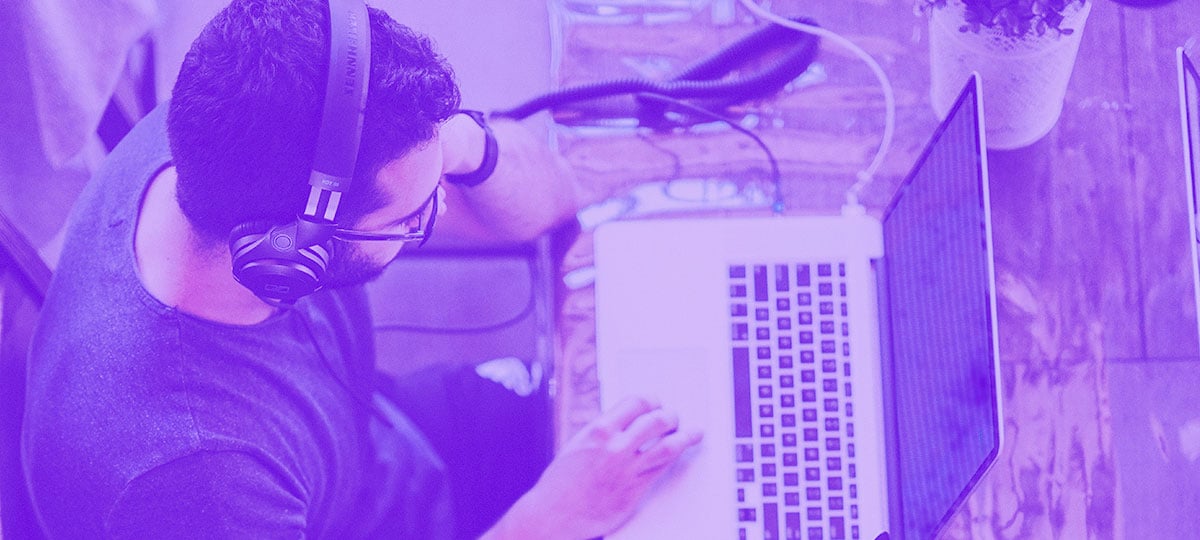
Uncertainty is a constant in leadership. Economic shifts, industry disruptions, global crises—leaders are expected to guide their teams through chaos while maintaining focus, morale, and momentum.
While uncertainty can be unsettling, the best leaders don’t just endure it—they harness it to create opportunities, drive innovation, and strengthen their teams.
Effective leadership in uncertain times isn’t about eliminating unpredictability. It’s about equipping yourself and your team with the mindset, strategies, and resilience needed to move forward with confidence. Here’s how to lead through uncertainty with clarity and purpose.
Focus on What You Can Control
Uncertainty makes it easy to fixate on external forces—economic downturns, market instability, supply chain disruptions—that are beyond your control. Instead of dwelling on these factors, focus on what you can influence: your team’s mindset, your strategic response, and your daily actions.
Encourage your team to shift their focus from fear to action. Break challenges down into manageable steps, set short-term goals, and reinforce progress. The more control your team feels over their own actions, the more resilient they will be.
Embrace Uncertainty as the New Normal
The best leaders recognize that stability is an illusion. Uncertainty is not a temporary hurdle—it’s the default state of business in today’s world. Instead of resisting change, build a culture that embraces it.
Encourage adaptability within your organization by fostering a mindset of learning and experimentation. When challenges arise, treat them as opportunities to explore new strategies, refine processes, and uncover creative solutions. A flexible and adaptive team will always outperform one that fears change.
Lead with Transparency and Trust
During uncertain times, your team looks to you for guidance. One of the biggest mistakes leaders when leading through uncertainty is trying to shield their team by avoiding difficult conversations or offering false assurances. Instead, be transparent.
Acknowledge what you don’t know, but provide clarity on what you do know and what steps the team is taking. Trust is built when leaders communicate honestly, involve their teams in problem-solving, and maintain a steady presence even in the face of the unknown.
Keep Your Vision Clear and Your Plans Flexible
Uncertainty demands flexibility, but it doesn’t mean abandoning direction. The best leaders maintain a clear vision while adjusting their approach as circumstances evolve.
Set a strong foundation by reinforcing core values and long-term objectives. At the same time, be prepared to pivot strategies, test new ideas, and seize emerging opportunities. Encourage your team to embrace agility—rigid plans often break under pressure, but flexible teams find ways to adapt and move forward.
Cut Through the Noise and Provide Clarity
During uncertain times, information overload can create more confusion than clarity. Endless news updates, conflicting opinions, and worst-case scenarios can overwhelm teams and lead to paralysis. Leaders must act as filters—curating and contextualizing information so their teams can stay focused on what truly matters.
Keep communication clear, concise, and actionable. Provide regular updates, but avoid speculation. Focus on what your team needs to know right now to continue making progress.
Keep Your Team Grounded in the Present
Uncertainty often leads to excessive "what-if" thinking. Teams may become consumed with worst-case scenarios, leading to anxiety and inaction. The best leaders help their teams stay present by reinforcing daily priorities and celebrating small wins.
Encourage mindfulness in your leadership approach. Help your team focus on what they can do today rather than being overwhelmed by hypothetical concerns about the future. By keeping the team engaged in productive action, you reduce stress and maintain momentum.
Prioritize Resilience—For Yourself and Your Team
Leading through uncertainty requires energy, focus, and resilience. Burnout is a real risk, and leaders who neglect their well-being can’t effectively support their teams. Prioritize self-care, set boundaries, and encourage your team to do the same.
Create an environment where continuous learning, adaptability, and mental well-being are valued. Offer support, whether through professional development, mentorship, or simply fostering an open culture where concerns can be shared. The more resilient your team, the better equipped they’ll be to navigate challenges.
Keep Moving Forward
Uncertainty is not a sign of failure—it’s an inevitable part of leadership. The best leaders don’t wait for stability; they create confidence through action, transparency, and adaptability. By focusing on what you can control, embracing change, and leading with trust, you empower your team to not only navigate uncertainty but to thrive within it.
Leadership isn’t about having all the answers. It’s about guiding your team forward, even when the path ahead is unclear. And when you lead with resilience, clarity, and confidence, your team will follow.
TABLE OF CONTENTS



